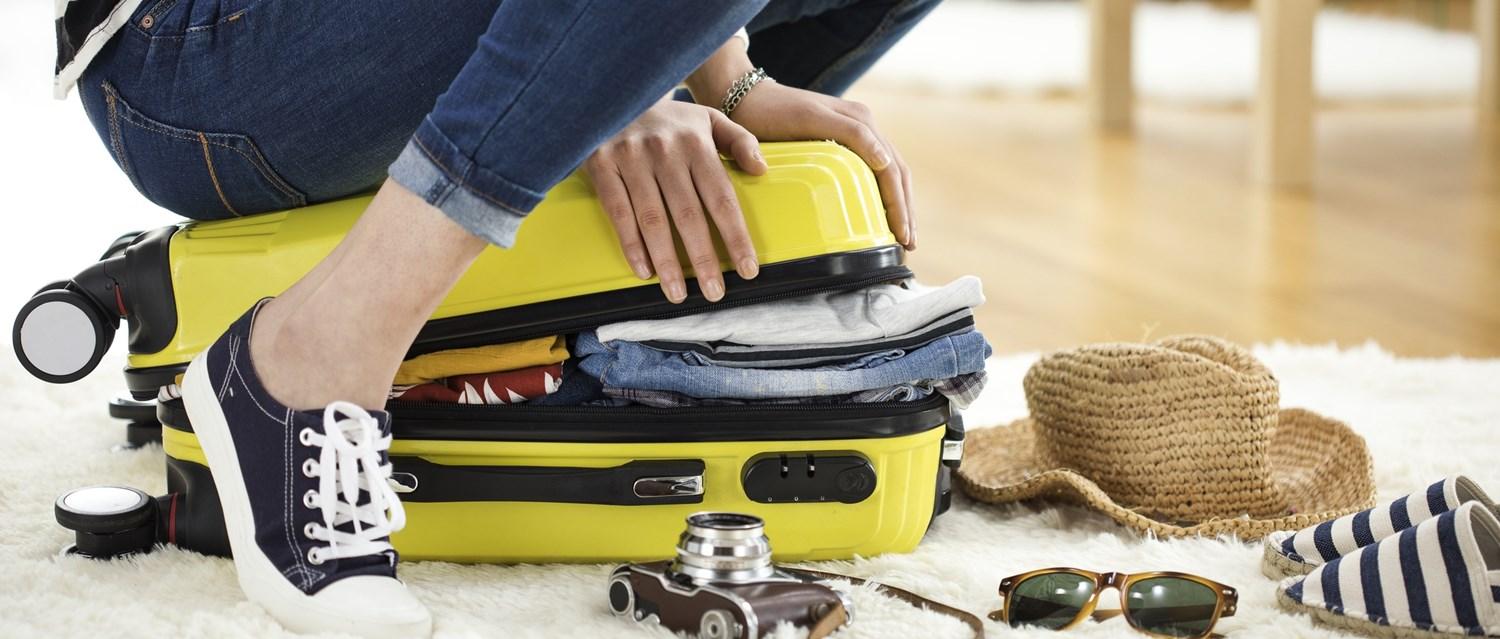
Obtenir des comprimés contre le paludisme auprès de votre pharmacien
Peer reviewed by Michael Stewart, MRPharmSLast updated by Michael Stewart, MRPharmSLast updated 29 Sept 2017
Répond aux besoins du patient lignes directrices éditoriales
- TéléchargerTélécharger
- Partager
- Langue
- Discussion
En juillet 2017, l'organisme gouvernemental chargé de la réglementation des médicaments au Royaume-Uni, la MHRA, a annoncé sa décision de reclasser un comprimé antipaludique très répandu dans la catégorie des médicaments de pharmacie (P). Cela signifie qu'il est désormais possible de l'acheter en pharmacie sans avoir besoin d'une ordonnance médicale. La MHRA n'a pas pris cette décision à la légère, après avoir examiné les avantages et les risques et consulté des médecins, des infirmières et des pharmaciens, ainsi que des membres du public.
Dans cet article :
The MHRA took the decision saying "Pharmacists are experts in medicine, and have the necessary skills and training to ensure the safe and efficient supply of pharmacy medicines ... [they] will be able to advise if [the medicine] is suitable to protect from malaria depending on which countries are being visited, pre-existing medical conditions, and any other medicines being taken."
Over the years, lots of medicines have been re-classified in this way. Even ibuprofen was once a prescription-only medicine (POM), but was re-classified in 1988 and is now a staple of most people's medicine cabinets.
The new pharmacy medicine in question contains the ingredients atovaquone and proguanil; you might know it better as Malarone®, the original branded medicine prescribed by doctors. Why is this new 'POM to P' switch worth finding out about? Let me explain why I think this is such an important new development.
Poursuivre la lecture ci-dessous
What's the risk?
Whilst it might not be the first thing on our minds when planning our dream holiday or visiting family, malaria can be fatal - even for travellers from the UK - and infection rates are on the rise again. Public Health England reports that 1,618 people in the UK contracted malaria whilst abroad in 2016. That is a 15% increase on 2015 and 4.5% above the average for the last ten years. For those people where data are available, 83% had not taken any antimalarial medicine. Six people in the UK died from malaria in 2016 so it's really important to take the right medication and get up-to-date travel advice before you go.
Fiona Genasi, Nurse Consultant in Travel Medicine for Health Protection Scotland said: "These days we're travelling abroad more than ever, both for recreation and work. The recent change from prescription-only atovaquone/proguanil to pharmacy over-the-counter sales of the drug, opens another route for travellers to access important malaria prevention medication.
"This change is welcomed on the understanding that malaria prophylaxis (taking preventive tablets) is just one element of pre-travel preparation. Importantly, travellers should obtain a full travel consultation and individual risk assessment prior to their trip, irrespective of where they are presenting for medication or advice."
The Travel advice by country page offers travel advice, a key feature of which are the country-specific malaria maps and advice on recommended antimalarial drugs for particular destinations.
Atovaquone/proguanil on prescription
Back to contentsUp until now this combination has only been available with a prescription written by a doctor. Apart from in exceptional circumstances, doctors have to write private prescriptions so that the cost of antimalarials, considered a 'luxury' medicine, is not borne by the NHS. Of course, you still need an appointment with a doctor or nurse and you will usually be charged a fee for the prescription to cover costs, in addition to the cost of medication.
Once you have the prescription you need to take it to a pharmacy to be dispensed. Because it is a private prescription you pay for the actual cost of the medicine rather than the standard NHS charge of £8.60. The pharmacist will also add on a percentage to the price to cover their own costs and time involved - all private prescriptions need to be recorded in a register and stored for two years.
Poursuivre la lecture ci-dessous
Atovaquone/proguanil from a pharmacy
Back to contentsSo now you can buy this medication over the counter, what might the benefits be? Well first, you should save some money. You won't be paying the extra costs added on by the doctor and pharmacist for private treatment, so it just depends on the price of the medicine. The current price looks to be around £45 for a two-week trip (three weeks of medication); compare that to potentially £65-70 on prescription.
Secondly you will save time; you won't need to book or attend a doctor's appointment and you won't have to wait for your prescription to be dispensed. More importantly perhaps, you will have freed up a doctor's appointment for the NHS.
You will still need a consultation with the pharmacist to make sure the medicine is right for you and to give you the proper travel advice; this will take five to ten minutes. You could even do this from the comfort of your own home by using an online pharmacy and having it delivered. Always look for the 'green cross' registered pharmacy logo when buying medicines online.
Protect yourself before you go
Back to contentsChloroquine, alone or with proguanil, has been available over the counter for years. Unfortunately chloroquine's usefulness has decreased due to widespread drug-resistant malaria parasites, as described by the American Centers for Disease Control and Prevention (CDC). In many countries around the world chloroquine no longer works to prevent malaria and, where the risk is high, atovaquone/proguanil is the recommended therapy.
This new Pharmacy medicine will provide cheaper, quicker and easier access to a potentially life-saving medicine, alongside professional advice for staying healthy abroad. The hope is that more people will protect themselves before they travel and so reduce the numbers coming home with malaria. Make sure you don't become a malaria statistic, visit your pharmacy first.
Always take the recommended antimalarial for the whole duration of your trip and continue upon your return as instructed. No medicine is 100% effective, so avoiding mosquito bites as much as possible and using insect repellent is also essential to reducing your risk. And malaria isn't the only tropical disease carried by mosquitoes: dengue, Zika virus, yellow fever - the list goes on. Whilst some diseases can be prevented by vaccines or medication, many can't, yet.
Importantly, if you develop any fever or illness up to a year after returning from a tropical country, you should get it checked out by your doctor.
Patient picks

Voyages et vaccinations
Trousse de secours pour les vacances
Avoir les bons articles de premiers secours à portée de main lorsque vous partez en vacances peut éviter qu'un simple accident ne se transforme en catastrophe. Quels sont donc les articles à ne pas oublier lors de votre départ en vacances ?
par Danny Chadburn

Voyages et vaccinations
Le kit essentiel pour les voyages d'aventure
Des plaines du Sahara africain aux sommets de l'Himalaya, le voyageur doit toujours être préparé. Chaque explorateur doit prendre certaines précautions. Mais la préparation d'une aventure ne se limite pas à l'achat d'un sac à dos et d'un sac de couchage toutes saisons. Un vrai voyageur doit se préparer à toutes les éventualités... et cela inclut de prendre soin de sa santé pendant le voyage. Qu'il s'agisse d'un trekking dans la jungle ou de l'escalade d'une montagne, ce kit de voyage essentiel vous fournira tout le matériel nécessaire pour rester en sécurité et en bonne santé pendant votre séjour.
par le Dr Anna Cantlay, MRCGP
Poursuivre la lecture ci-dessous
Historique de l'article
Les informations contenues dans cette page ont été évaluées par des cliniciens qualifiés.
29 septembre 2017 | Dernière version

Demandez, partagez, connectez-vous.
Parcourez les discussions, posez des questions et partagez vos expériences sur des centaines de sujets liés à la santé.

Vous ne vous sentez pas bien ?
Évaluez gratuitement vos symptômes en ligne
Inscrivez-vous à la newsletter destinée aux patients
Votre dose hebdomadaire de conseils santé clairs et fiables, rédigés pour vous aider à vous sentir informé, confiant et maître de la situation.
En vous abonnant, vous acceptez notre politique de confidentialité. Vous pouvez vous désabonner à tout moment. Nous ne vendons jamais vos données.